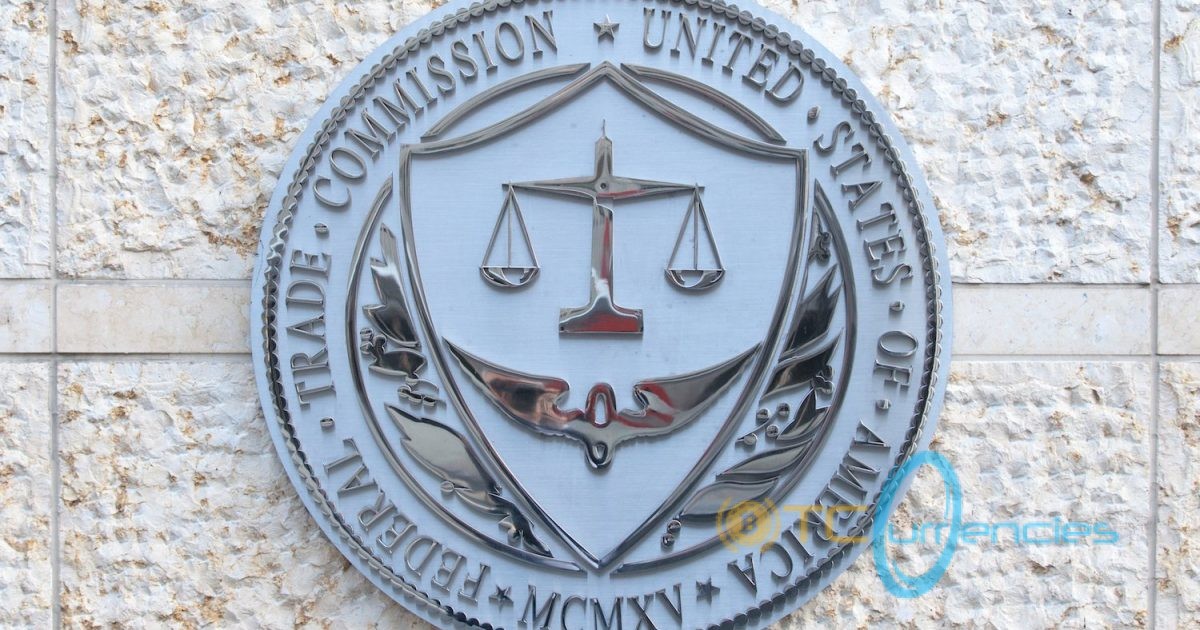A federal court in the U.S has shut down four “promoters of deceptive crypto schemes,” the United States’ Federal Trade Commission, FTC has announced. The court also froze the assets of the four alleged promoters at the request of the FTC. The trade commission made the announcement Friday 16th March 2018.
The FTC is one the independent agencies of the federal government in the U.S. It is responsible for promoting consumer protection and preventing any anti-competitive business practices in the U.S.
The Southern District of Florida’s federal court “has halted all the activities of 4 individuals who have allegedly been promoting deceptive money-making schemes that involve cryptocurrencies,” the FTC wrote in a statement released to the media.
The agency added that “the money-making schemes falsely promised participants that they could gain huge returns by paying digital currencies like litecoin and bitcoin to enroll in the business.” The federal court has also “issued temporary restraining orders and frozen the assets of the defendants pending trial,” the FTC detailed.
The trading commission’s complaint filed in the court says that “by misrepresenting the schemes as legit money-making opportunities and also falsely claiming that the participants could gain substantial income through participation in the said three schemes,” the four individuals had “violated the Federal Trade Commission Act’s prohibitions against deceptive acts.”
My7network and Bitcoin Funding Team
Three of the accused individuals were allegedly “promoting chain referral schemes called My7network and Bitcoin Funding Scheme,” wrote the agency. Eric Pinkston, Louis Gatto, and Thomas Dluca reportedly used websites, conference calls, YouTube videos, and social media platforms to promise “large rewards for just a small bitcoin or litecoin payment. The three defendants claimed that the Bitcoin Funding Team would turn crypto payments amounting to slightly over USD 100 into monthly income returns of up to USD 80,000,” the FTC explained.
However, the trade commission pointed out that the set up would benefit just a few participants and the majority would fail to recoup even their initial investments. Also, the participants would only earn income by recruiting other participants and talking them into also paying the said amount of cryptocurrencies.
In the Bitcoin Funding Team, a participant was required to pay some initial amount of bitcoin to an earlier already-enrolled participant and then pay a fee to the �funding team’ for eligibility to recruit members and in turn, receive crypto payments from them. Also, the “promoters claimed that participants would get bigger incomes by paying additional bitcoins,” details the FTC.
Tom Pahl, acting director of the agency, commented on the case saying that “it revealed that scammers usually find new means of marketing old schemes and this is the reason the agency will remain vigilant. The schemes the four defendants promoted were only meant to benefit a few individuals at the top.”
Jetcoin
Scott Chandler, the fourth defendant, is accused of promoting Bitcoin Funding Team “besides another crypto scheme called Jetcoin,” the commission alleged. Jetcoin “promised participants some fixed rate of returns on the initial bitcoin payments they made.” Chandler is said to have claimed, in several promotional calls, that the scheme’s investor could double their investments in fifty days. However, in reality, FTC alleges, Jetcoin failed to fulfill its promises and stopped operating within 60 days of launching.




